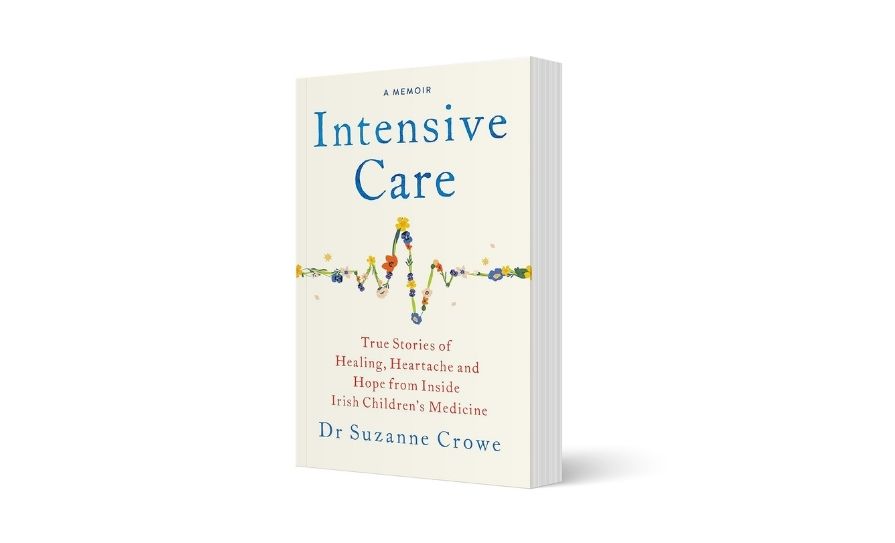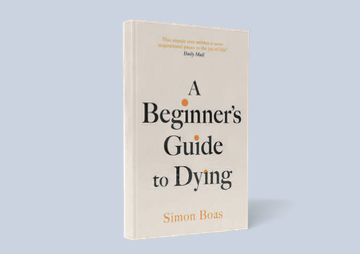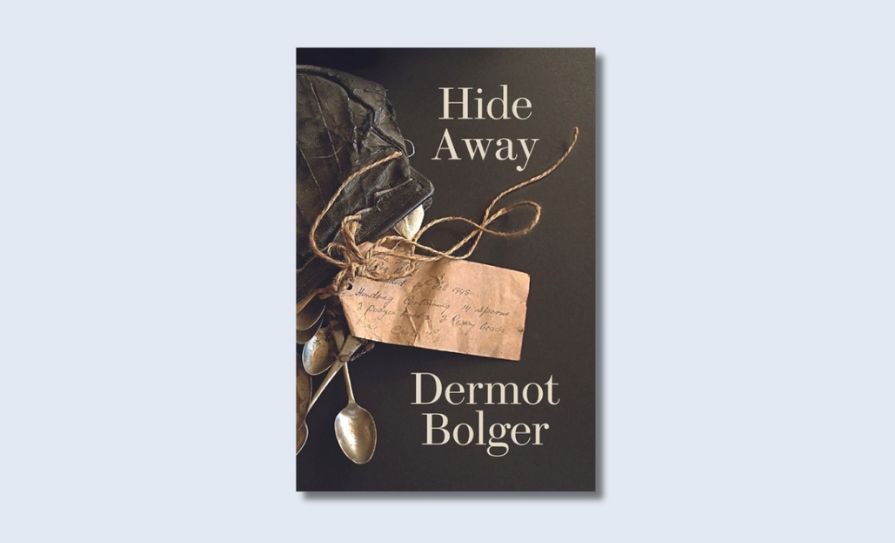War presents deep challenges to medicine. The sheer scale of injuries, illnesses, and fatalities can feel overwhelming. The psychological consequences are similarly severe, both during times of conflict and afterwards. In addition, there are ethical and moral complexities for health professionals who seek to prevent and treat injuries and distress during wars which they might believe are unjust.
Against this background, the history of medicine in war merits close, sensitive attention, with an awareness of historical facts, medical advancements, and the ethical nuances of medical involvement in conflict. This new book, Irish Doctors in the Second World War, meets these needs by combining immaculate attention to detail with an acute awareness of the broader context of medical involvement in war. It is a fascinating read and an invaluable resource for medical historians.
The book starts with a foreword by Kevin Myers and goes on to chart the varied contributions of Irish doctors to the war in an involving, engaging way. Various improvements in healthcare between the two World Wars meant that field medicine was very different in the Second World War compared to the First, and this is demonstrated well throughout the text. The machinery of war also shifted over this period, as did the ways in which the conflict unfolded at ground-level for the troops and at the level of geopolitics. This was a uniquely destructive, terrifying human conflict.
Irish doctors were involved in medical roles throughout this war in many different ways. In order to tell their story, the book starts with a useful timeline of the war and then outlines details of medals and awards received, and the experiences of Irish doctors in Europe and North Africa (1939-1945), in the Far East, and as prisoners of war. It is especially interesting to see that prisoner of war experiences differed significantly across various locations (ie, in Europe and the Far East).
Chapter 6 is devoted to ‘Profiles in Gallantry and Professionalism by Irish Doctors’. This chapter demonstrates the breadth and the magnitude of contributions made by Irish medics.
To take one example, Dr Peter May commanded a motor ambulance convoy during the war and was later awarded an OBE (Officer of the Order of the British Empire). Major May was “responsible for the care and welfare of thousands of casualties from forward casualty clearing station to railroad or hospital ship port. It was due to his unbound enthusiasm that, although the distance involved was far greater than could have been anticipated, there was at no time any hitch and an even flow of casualties along the line of evacuation was always ensured.”
Part two of the book presents a ‘Roll of Honour of Irish Doctors Who Served in the Second World War’. This list is presented alphabetically, with details of medical qualifications, military service, and, often, additional information about the individual doctor. Reading through these academic achievements and contributions to war medicine, it is hard not to feel both admiration and sadness at the deployment of such expertise in the context of war. While their work was necessary given the advent of the conflict, there was enormous opportunity cost. The expertise, dedication, and compassion of these doctors could have been much better used in peacetime.
This sense of tragedy is epitomised in a photograph of Bob Collis, who “was among the first medics to attend the Belsen concentration camp after its liberation by Allied troops”. It is heartening that medics arrived to provide what assistance they could at that point and it is wonderful that Irish doctors played this humanitarian role. However, it is profoundly disheartening to reflect on the barbarity of the machinery of war that made this necessary in the first place, and the incalculable suffering and losses that resulted from the conflict.
This is a beautifully produced book. Enormous credit is due to the authors and its publisher, Merrion Press, for their clear text, plentiful photographs, and high production values. It is a splendid contribution to the history of Irish medicine and the history of the Second World War and is an absorbing read.
In the end, the stories of the achievements of these doctors will always be tinged with the sadness of the context. The authors note that just over 2,000 Irish doctors and medical students served with the British forces. Their work was vital and life-saving, but only because of the occurrence of this senseless, barbaric conflict to begin with.
There is always an alternative to war. These medical achievements were essential and extraordinary, but none of this should have been necessary.
Prof Brendan Kelly is Professor of Psychiatry at Trinity College Dublin and author of The Modern Psychiatrist’s Guide to Contemporary Practice: Discussion, Dissent, and Debate in Mental Health Care (Open access: www.taylorfrancis.com/ books/oa-mono/10.4324/9781003378495/ modern-psychiatrist-guide-contemporary- practice-brendan-kelly)







